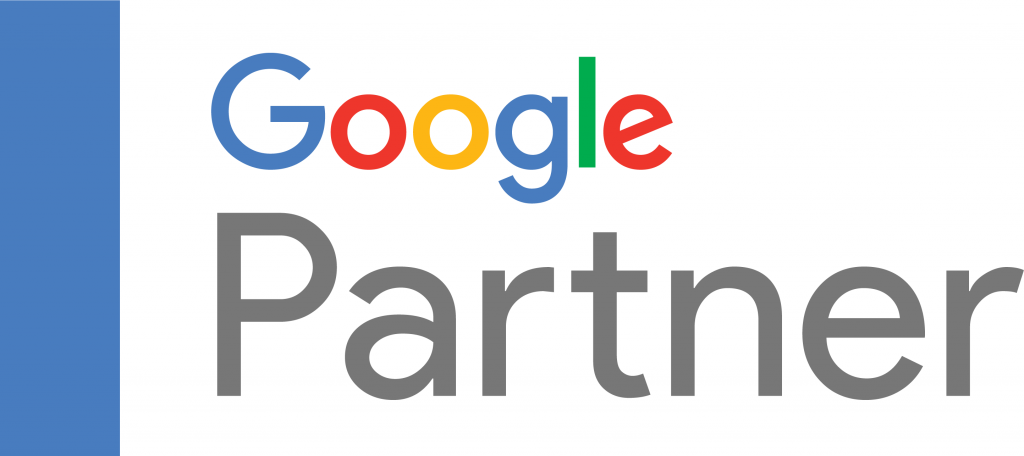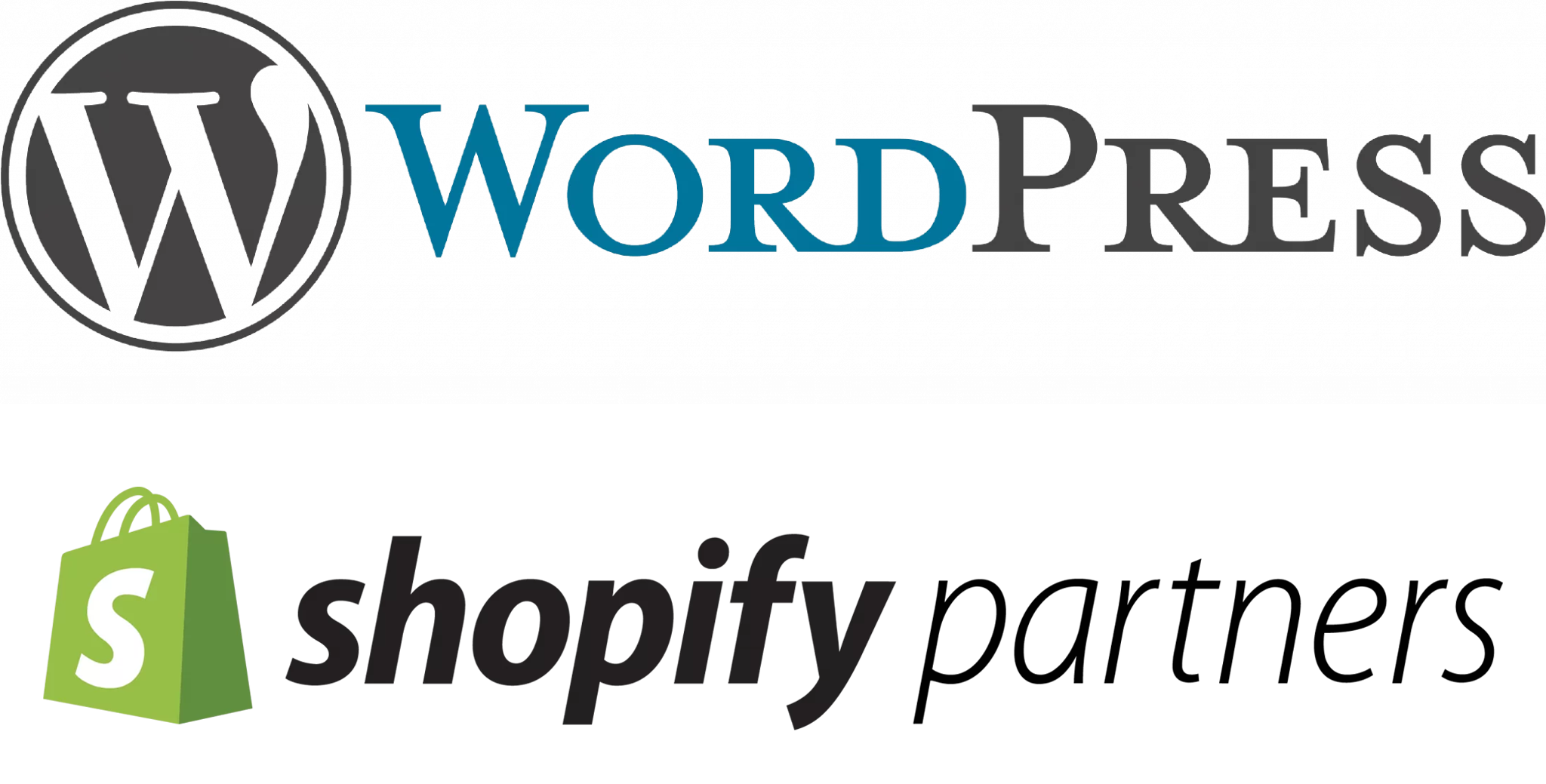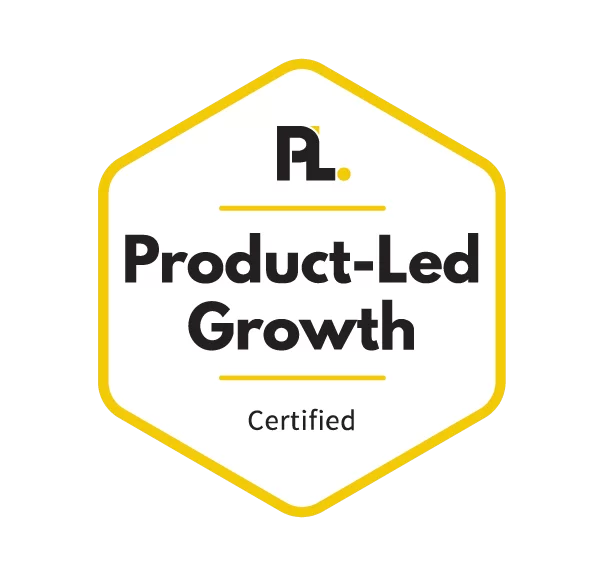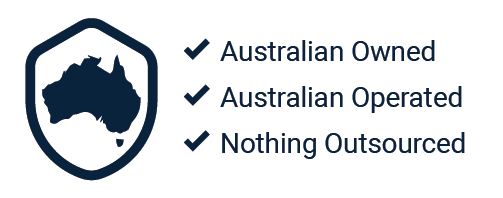By Lydia Barley
Single page websites seem to be the latest trend at the moment, frequenting the design of many websites. Particularly those that have little to no content or of those businesses that just appreciate simplicity. Aside from their simplicity and clean appearance however are single pages really all that or are they doing more harm than good? Find out in this post, as we breakdown the pros and cons of single page websites.
What is a Single Page Site?
To start off, we thought we should probably define single page websites, for those readers that have no idea what we’re talking about! A single page website, also known as a one-page website, is exactly what it sounds like. It’s a website that consists of just one HTML page. Now that you know what a single page site is, let’s jump into the pros and cons of them.

Pictured: https://www.theartoftexture.com/ a website that successfully sports a single page design.
What Are the Pros of a Single Page Site?
- They’re easier to navigate through. Due to their simple design and lack of page depth a single page site is extremely easy to navigate through – makes sense right? Rather than hunting through pages and pages of content, everything your visitors want is just one click (or scroll) away.

- Typically, single page sites convert much easier on mobile. This is due to the ease of use of a single page site, particularly on a mobile device where visitors struggle clicking through to different pages due to the smaller screen size. However, keep in mind that a well-designed multiple page website can convert just as well.
- They load faster than multi page sites (usually). Due to the lack of content on the site it makes sense that the site typically loads quicker than a site that consists of hundreds of different pages full of thousands of words of content.

- Single page sites are typically cheaper and easier to create and maintain. Due to their simplicity a single page site is typically easier to set up than a multi-page site, reducing the costs associated with their set up and maintenance – perfect for small businesses that are on a budget.
- A single page site makes it easier to predict and control visitor behaviour. With only one page to navigate through (rather than hundreds), it’s easier to predict what you visitors will do when they land on your site as you know exactly where they will land and what they will see – making it easy to guide them through your marketing funnel. As opposed to a multiple page site where your visitors may click on various pages in a different order to what you want them to do.
What Are the Cons of a Single Page Site?
- The major con of a single page website is that it doesn’t allow for wide keyword targeting – hugely reducing the SEO potential and capabilities of your site. With a single page website your site can only be designed around one main concept – thus targeting only one keyword/set of keywords. In contrast to a multi-page site, where each page is a new opportunity to rank for a new keyword. This is the limiting feature of single page sites. If your business is an ecommerce giant – offering a range of different products or a local business that offers a range of different services, single page sites aren’t for you.

- Single page sites are typically less detailed and less informative than multi page sites. Due to only having one page of content, typically single page sites are less informative and detailed – while this is fine for products or services that are easy to understand, if your product or service is particularly complex, requiring a considerable amount of information for a visitor to understand your product and convert single page sites aren’t for you. Even if you do pack your single page site full of content, you’ll ruin all of the benefits associated with single page sites – it will be harder to navigate through and will lose it’s simple and attractive appearance – making it less likely that your website will convert.

Pictured: http://dicesales.com/ a website for Dice Sales, a digital art director and photographer. The website has little to no content, briefly explaining what Dice does, listing the clients he has worked with and providing visitors with his email, in fewer than 200 words.
So, there we go. That’s the pros and cons of single page sites. While single page sites are attractive in their simplicity and ease of use, they are definitely not ‘one size fits all’. Single page sites can be perfect for some websites, but they are extremely limiting – particularly in their SEO capabilities, meaning that they’re not perfect for every business.










